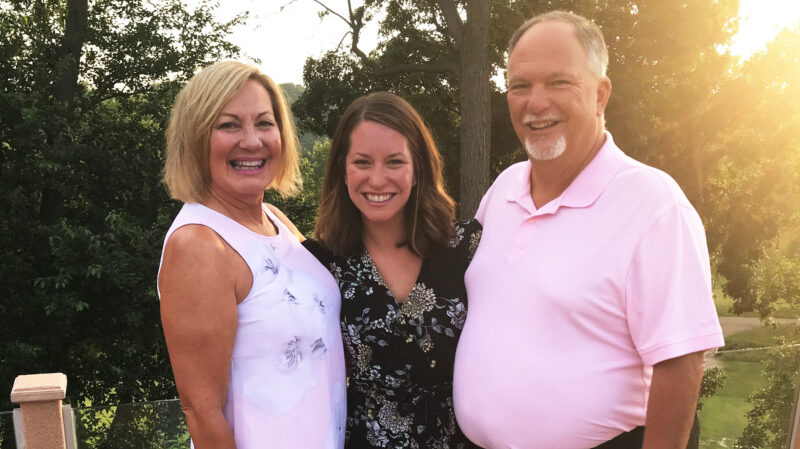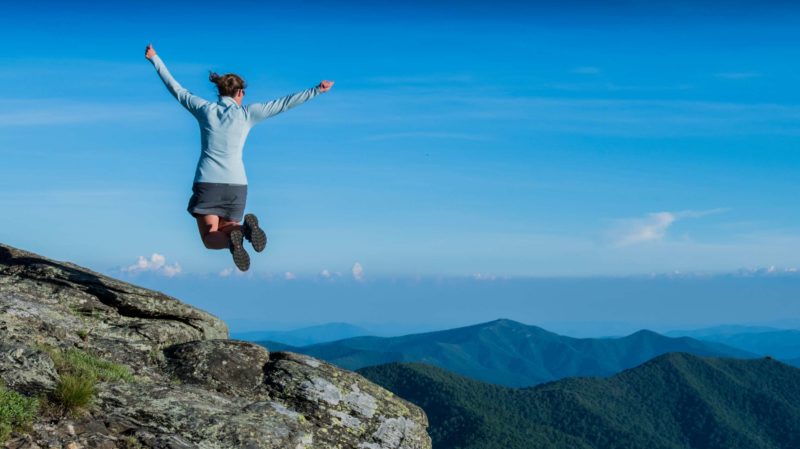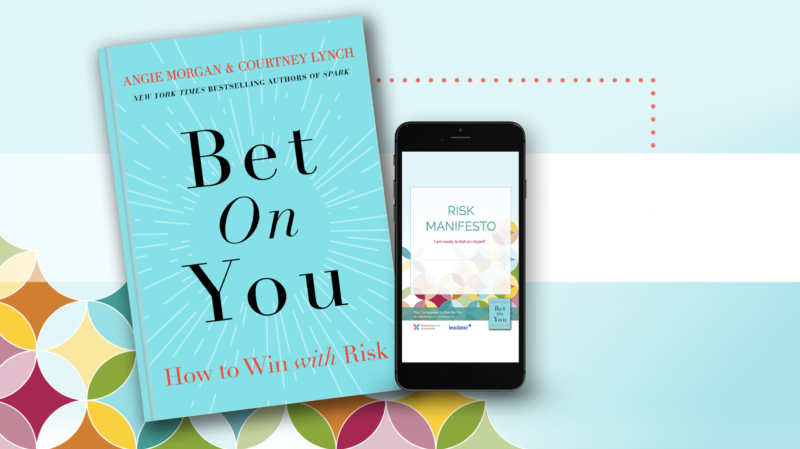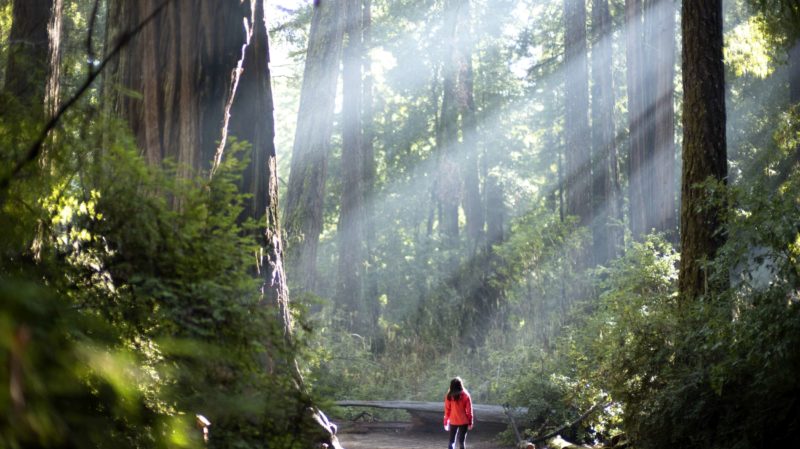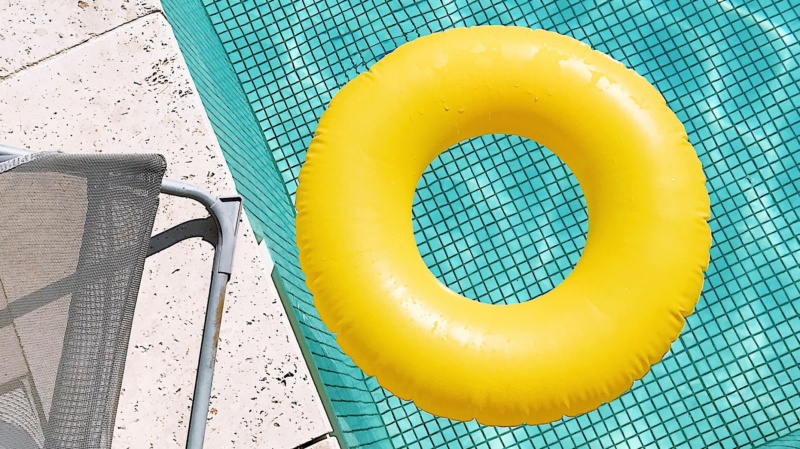
I’m pretty certain you know the tune I Will Always Love You. Can you hear it in your mind now? Who’s singing it? Is it Whitney Houston? Or, perhaps it’s vintage Dolly Parton? Maybe you remember the version by LeAnn Rimes. What you might not know is that the song made it to the top ten greatest songs of all time based on its chart-topping success and number of recordings sold. To add to this, in 2020 it was selected by the Library of Congress for preservation in the National Recording Registry for being “culturally, historically, or aesthetically significant.”
In other words, it was a big hit. And that wasn’t by accident, it was due to empowerment.
The empowerment began with the song’s writer, Dolly Parton, realizing that she’d created something special with the work. Her belief was so strong that in the early 1970s when Elvis Presley wanted to cover the song, Dolly said no. She knew Elvis would have nailed it; she just didn’t want to sign over half of the publishing rights to Elvis as was custom to do for any song he recorded. She retained ownership, with the hope that her song would find a bigger stage someday.
That someday came in 1992, 18 years after Dolly’s original recording’s release. Kevin Costner suggested that the song be used as the title track to The Bodyguard, the movie he was making with Whitney Houston. Enter David Foster, the genius musical producer working on arrangements for the film. He knew Dolly from an album he’d produced for her. He approached her about using the work, and Dolly was delighted when he agreed to her terms of retaining full ownership of the copyright of the song. She also gave him full freedom to produce the song any way he wanted. Once David coordinated the deal, he and Whitney rolled up their sleeves and arranged the song, transforming it from a simple country ballad to a soulful, gospel anthem.
They took a big risk, choosing to lead with an acapella start, before a sweeping strings ensemble enters to lift the song to new heights. Those who worked on the film strongly objected to how they arranged it, certain that acapella music was limited in its appeal and would sideline the tune from radio play. Kevin, David, and Whitney held firm. The rest is history. Dolly, so excited about the song’s fantastic success, once shared how hard it was to say no to Elvis, but that it worked out okay, because, “when Whitney Houston’s version came out I made enough money to buy Graceland.”
There are many leadership lessons to be learned from this story of musical genius:
- The best leaders have the strength to yield to the talents of others.
- They know their value enough to empower the gifts of others.
- Overnight success is typically years in the making, yet doesn’t happen at all without vision, risk and collaboration. Dolly Parton is a gifted songwriter with more than 3,000 songs in her library. David Foster has produced more #1 hits than any other producer. Whitney Houston is an icon and one of the best-selling female artists of all time. Three leaders at the top of their game made magic.
Our questions for you: How are you empowering the success of those around you? How are you sharing your talent? How are you letting others share their talents in the lanes right for them?
Join tens of thousands of subscribers who receive our free Leadership Moments – quick, actionable leadership guidance delivered to your inbox every Monday.



